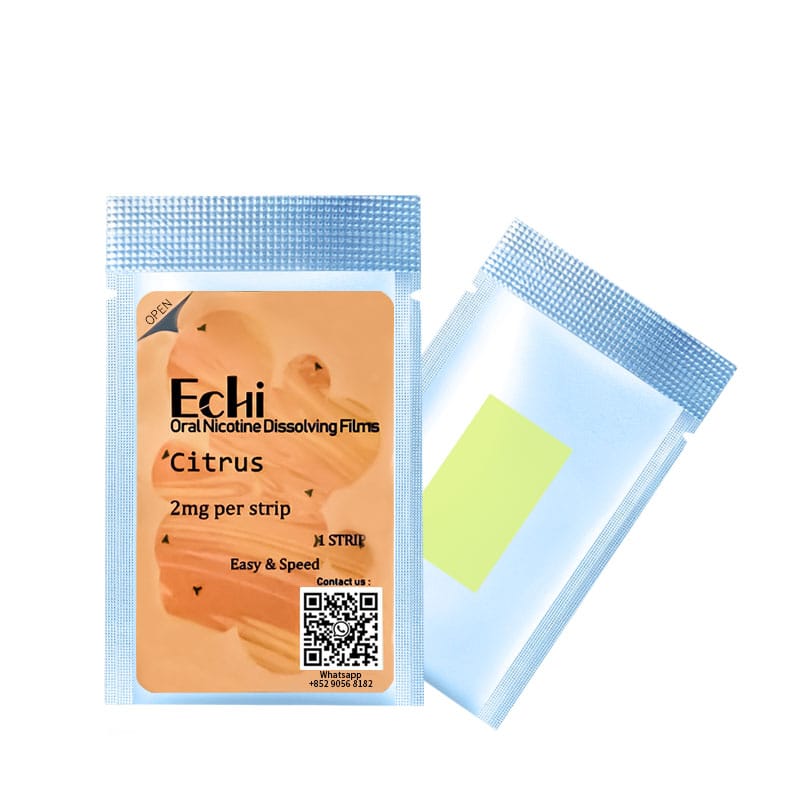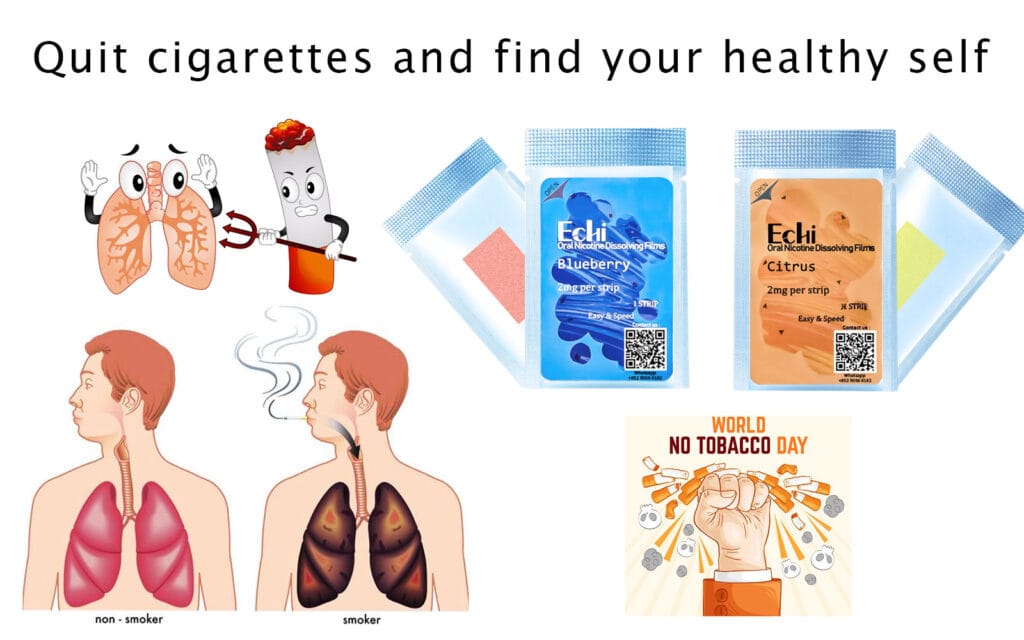Introduction
Cholesterol management is a pressing health concern for millions globally. With heightened awareness about cardiovascular diseases, understanding the effects of substances like nicotine on cholesterol is crucial. Many people, especially smokers or users of alternative nicotine products, often ask, “Does nicotine raise cholesterol levels?” In this article, we will explore the relationship between nicotine and cholesterol and what it means for those using nicotine products, including Nicotine Pouches.
Understanding Cholesterol and Nicotine
Before diving into the effects of nicotine on cholesterol, let’s first understand what cholesterol is. Cholesterol is a fatty substance essential for producing hormones, vitamin D, and building cell membranes. However, there are two types of cholesterol:
- Low-Density Lipoproteins (LDL): Often referred to as “bad” cholesterol, high levels can lead to fatty deposits in the arteries, increasing the risk of heart disease and stroke.
- High-Density Lipoproteins (HDL): Known as “good” cholesterol, it helps transport excess cholesterol from your bloodstream to the liver, where it can be broken down.

Nicotine, a stimulant found in tobacco and alternative products like nicotine pouches, is addictive and affects your nervous system. While it doesn’t contain the harmful tar and chemicals found in cigarette smoke, it can still influence various metabolic processes, including cholesterol levels.

Nicotine and Cholesterol: The Connection
Studies suggest that nicotine consumption can impact cholesterol levels. Here’s how:
- Hormonal Impact: Nicotine stimulates the adrenal glands, leading to the release of adrenaline. This “fight or flight” response elevates heart rate and blood pressure, causing metabolic changes that can lead to an increase in LDL (bad cholesterol) and a decrease in HDL (good cholesterol).
- Fat Metabolism: Nicotine affects how your body burns fat. Instead of breaking down fat for energy, the body burns more glucose, potentially leading to the buildup of bad cholesterol in the bloodstream. This imbalance can result in plaque formation in the arteries, increasing cardiovascular risks.
- Enzyme Inhibition: Nicotine may reduce the activity of lipoprotein lipase, an enzyme that helps break down triglycerides (a type of fat) in the bloodstream. When this enzyme’s function is impaired, it can lead to higher cholesterol levels, contributing to the development of atherosclerosis (hardening of the arteries).
Echi Nicotine Pouches: A Step Toward Harm Reduction
While nicotine can influence cholesterol levels, it’s crucial to differentiate between the harmful effects of smoking and nicotine itself. Traditional smoking introduces harmful chemicals like tar and carbon monoxide, which worsen cholesterol levels and increase the risk of heart disease.
For those looking to reduce their health risks, Echi Nicotine Pouches offer a smokeless, tobacco-free alternative. These pouches deliver nicotine without the harmful byproducts of smoking, like tar and carcinogens. While nicotine itself may still affect cholesterol, Echi Nicotine Pouches eliminate the additional risks posed by smoking.

Curious to learn more or ready to purchase? Visit Snuff Mint’s Shop for a wide range of Echi Nicotine Pouches.
Frequently Asked Questions(FAQs):
Q: Does nicotine directly raise cholesterol?
A: Yes, nicotine can indirectly influence cholesterol by increasing LDL (bad cholesterol) and decreasing HDL (good cholesterol) due to its impact on metabolic processes.
Q: Is smoking worse for cholesterol than nicotine alone?
A: Yes, smoking introduces harmful chemicals like tar and carbon monoxide, which significantly worsen cholesterol levels and overall heart health. Nicotine alone is less harmful than smoking but still carries some risks.
Q: Are Echi Nicotine Pouches a healthier alternative to smoking?
A: Echi Nicotine Pouches are a potentially safer alternative because they are smokeless and tobacco-free. However, they still deliver nicotine, so some health risks remain, though reduced compared to smoking.
Conclusion
The relationship between nicotine and cholesterol is complex. Nicotine can raise LDL cholesterol and lower HDL cholesterol, increasing cardiovascular risks. However, the risks associated with smoking are much higher due to the presence of harmful chemicals in cigarette smoke.
For those seeking harm reduction, Echi Nicotine Pouches provide a cleaner and tobacco-free way to consume nicotine. While these pouches still contain nicotine, they eliminate many of the harmful components of smoking, making them a more controlled option.
As always, the best approach for long-term health is to quit nicotine entirely. However, if you’re using nicotine pouches as part of your journey toward quitting, it’s essential to stay informed about their effects on your health, including cholesterol levels.
For more information and to explore nicotine pouches, visit Snuff Mint’s Shop.






